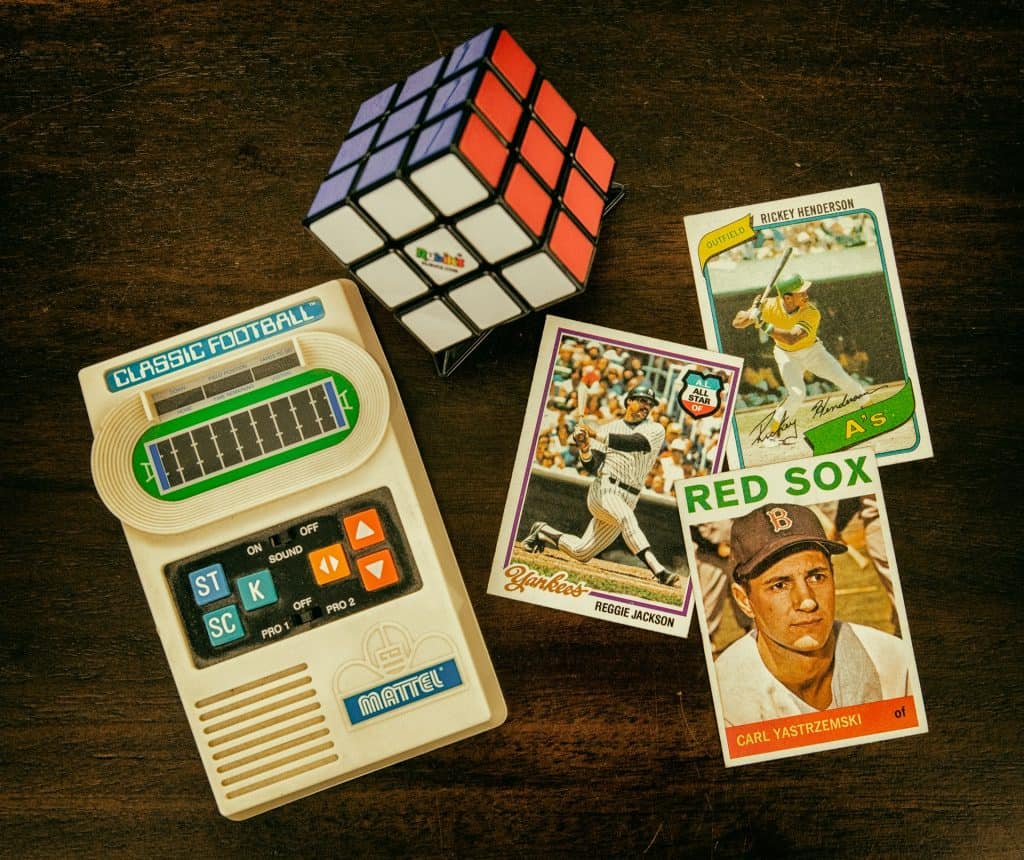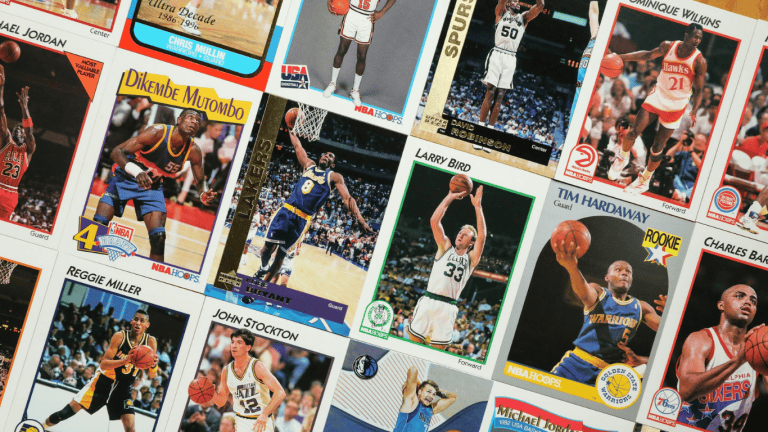Replay Sports Cards launched the first Sports Card Shop Franchise specializing in buying, selling, trading and grading sports cards. Founders Brent Schepel and Mike Martin currently have three shops across the Southeast. In teaming up with Community Franchise Group, the company plans to expand its U.S. presence in the next 12-18 months. Together, the co-founders and Community Franchise Group are scouting untapped markets. Their focus is on seeking franchisees who have a passion for sports cards and are looking for a blueprint for opening a card shop in their communities.
Where Did Replay Sports Cards Come From?
The brand was originally founded as One Stop Sports Cards, offering a complete list of services to the card collector community. They have three brick-and-mortar locations in three states: North Carolina, South Carolina, and Florida. In addition to their retail locations, the Replay Sports Team also has a presence at top card shows across the country and has weekly live shows on Whatnot with over 6,200 followers.
How Big is the Sports Card Market?
A recent Kings Research Report stated, “The global Sports Trading Cards Market size was valued at USD 9.69 billion in 2022 and is projected to reach USD 20.48 billion by 2030, growing at a CAGR of 9.01% from 2023 to 2030.” This is a significant growth trajectory over the next seven years. This growth is fueled by the reignited interest of the younger generation in collecting, technological advancements that make selling easier, and the social popularity of rarity and value sports cards hold.

Sports Cards Are Not New
The history of sports cards dates back to the late 19th century when tobacco companies began inserting small cards into cigarette packs as a marketing tool. These early cards often featured popular baseball players, making them some of the first collectible sports memorabilia. The most famous of these early cards is the 1909-1911 T206 Honus Wagner, which has become one of the most valuable sports cards in history due to its rarity and the legendary status of the player. These tobacco cards laid the foundation for the sports card industry, introducing the concept of player cards as collectibles.
In the mid-20th century, the sports card industry experienced a significant transformation. The 1950s marked the beginning of the golden age of sports cards, with companies like Topps emerging as leaders in the market. Topps’ 1952 baseball card set, which included the iconic Mickey Mantle rookie card, is often credited with popularizing modern sports card collecting. The 1980s and 1990s saw a massive boom in the industry, with new companies like Upper Deck introducing innovations such as holograms and premium cards. You could take a snapshot in time of kids throughout the U.S. ripping open packs and searching for prominent players, then lace up their Reebok Pump sneakers, head to the park, and show their friends. The show-and-tell session ended when someone whipped out the newest Michael Jordan card. However, overproduction during this period led to a market crash in the late 1990s. The industry has since rebounded as new collectors, new products, and new technology for trading have entered the space.
The Future
It will be interesting to see where the industry heads. In researching top sports card influencers and market trends, the focus appears to be on limited editions, autographed cards, and memorabilia inserts, which is driving a resurgence in interest among collectors. Collecting, trading, and hunting sports cards remains a beloved hobby, blending nostalgia with the thrill of discovering rare and valuable items.
For more new and exciting news in the franchise industry, check back often at our Franchise News category.
Brand Information Source: Replay Sports Cards


